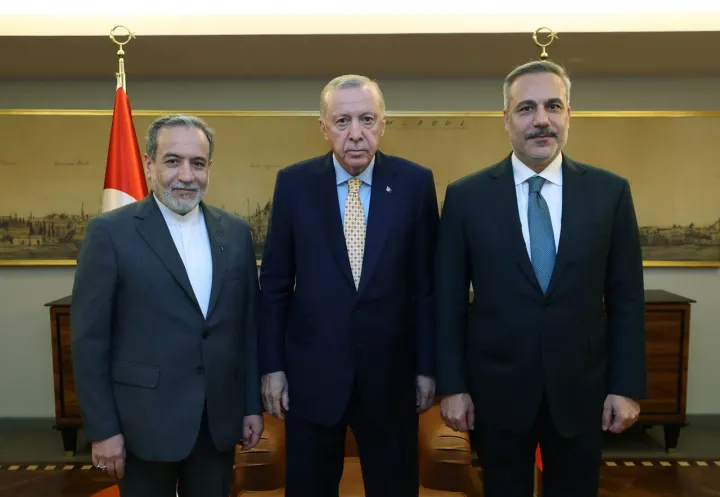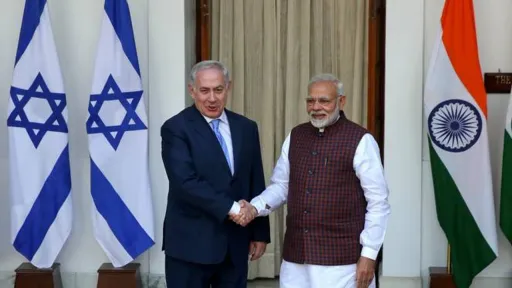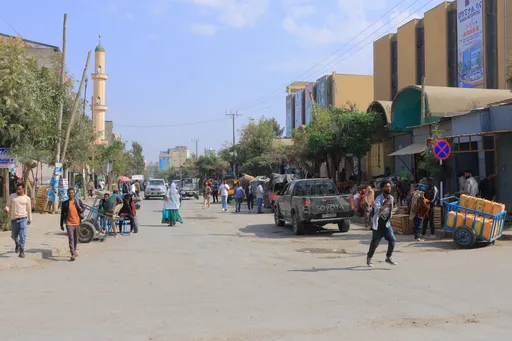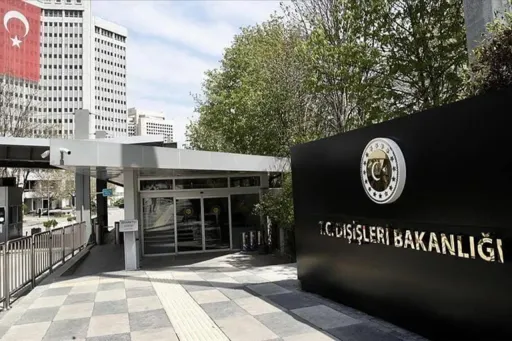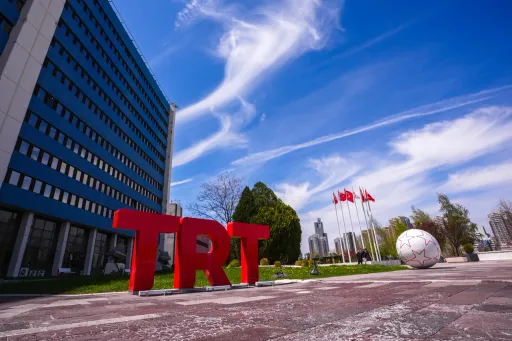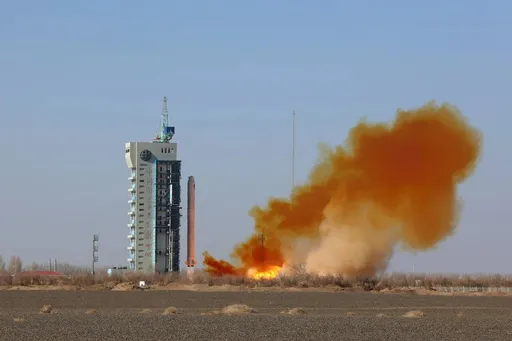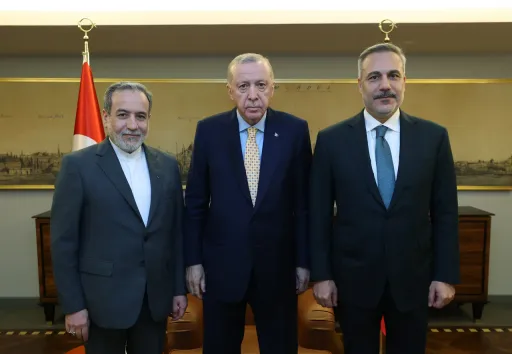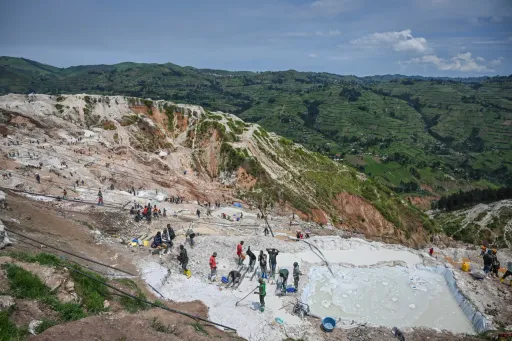By Mazhun Idris
In 2018, the online video-sharing platform YouTube introduced a feature aimed at increasing transparency for its users.
This feature enables it to indicate if videos published on the site are "produced using public or government funds".
When a video is uploaded by someone who receives such funding, a notice is supposed to appear below the video and above the title description. The notice includes a link to the broadcaster's Wikipedia page.
For instance, under any video published by BBC, the label reads, "BBC is a British public broadcast service."
The label also appears in content shared by other public broadcasters.
Social media platforms like Facebook have mandated similar labelling since 2019, focused on the differentiation of outlets that are "wholly or partially under the editorial control of their government".
The catch is that when you open a video on the official YouTube page of "BBC Media Action", an international development charity initiative of the BBC founded in 1999, there is no label suggesting you are viewing a publicly-funded production.
Funding labyrinth
On February 2, US President Donald Trump's poster boy and owner of the X platform, Elon Musk, posted on his handle that the United States Agency for International Development (USAID) had been using taxpayer dollars to pay "media organisations to publish their propaganda".
Musk doubled down on his allegations four days later with a big name. "Why should American taxpayer dollars fund the British Broadcasting Corporation?" he said.
President Trump echoed Musk, accusing USAID of funding the media to favour the Democratic Party.
These scandalous revelations bring to the forefront the hypocrisy of the Western media in policing global content, especially in Africa
A spokesperson for BBC Media Action clarified to Reuters that although the organisation accepted money from USAID and other donors, the initiative was only a charity wing of the BBC and "editorially separate from BBC News".
A press statement argued that "BBC Media Action supports local media around the world to deliver trusted information to people most in need".
Loss of credibility
As the USAID controversy unravels, there is increasing concern over how narratives are created through dollar-funded propaganda machines.
Africa, for one, has long been on the wrong side of this skewed system.
"Who determines what 'trusted information' is — the paymaster or the media organisations?" the Ghanaian writer and filmmaker Dwomoh-Doyen Benjamin tells TRT Afrika.
"These scandalous revelations bring to the forefront the hypocrisy of the Western media in policing global content, especially in Africa," points out Benjamin, also the executive director of the African Chamber of Content Producers.
The larger question is: Was the US government funding Britain's principal public news organisation or not?
If the BBC could run from contentions of "aiding and abetting Israeli genocide in Gaza", would the bosses at Broadcasting House accept that they are compromised per their entanglement in the foreign policy propaganda matrix?
Rot runs deep
Against the backdrop of the current US government's probative words against the BBC, all manner of USAID funding of BBC projects, previously amounting to about 8% of their annual income, has been effectively halted.
The upshot of this is overt public scrutiny of a leading global public broadcaster that once projected and prided itself on being "impartial and independent".
"In this whirlwind of a scandal, the BBC has lost its independence and freedom of expression," Abubakar Muhammad, a graduate student at the University of Wisconsin-Madison, tells TRT Afrika.
Swap the BBC with a public broadcaster in a developing country that stands accused of accepting funds from a major foreign government.
The claim would have been sufficient grounds to portray its newsroom coverage as compromised or partisan.
Insidious spin doctors
Interestingly, propaganda is not a single menu script that is solely meant for the newsroom.
It could be a playbook that permeates all media productions — from news commentary to documentaries and in-house style guides to programming design.
Spinning public opinion is effectively done through cherry-picking facts, as by selective shaping of narratives, stripping contexts, framing debates, stoking outrage, manufacturing sentiment, silencing or censoring.
In the modern era of media weaponisation, misinformation doesn't have to be about outright lies that malign.
Disinformation is as powerful a tool as biased emphasis or orchestrated repetition of selective facts or viewpoints.
As experts on international development point out, initiatives under the terms of aid or charity have long been used to obscure covert intelligence projects, all of which are aimed at manipulating targeted beneficiary communities towards predetermined objectives and conclusions.
Typically, donor organisations may not seek to directly control a funded project when their agenda has been conveniently taken care of in the fine print of financial interventions.
Nevertheless, such agendas are at odds with journalistic editorial standards.
Indeed, there is nothing awkward if, for the sake of transparency, media organisations like the BBC are investigated to probe their acclaimed position as independent sources of factual, unbiased news.
➤Click here to follow our WhatsApp channel for more stories




